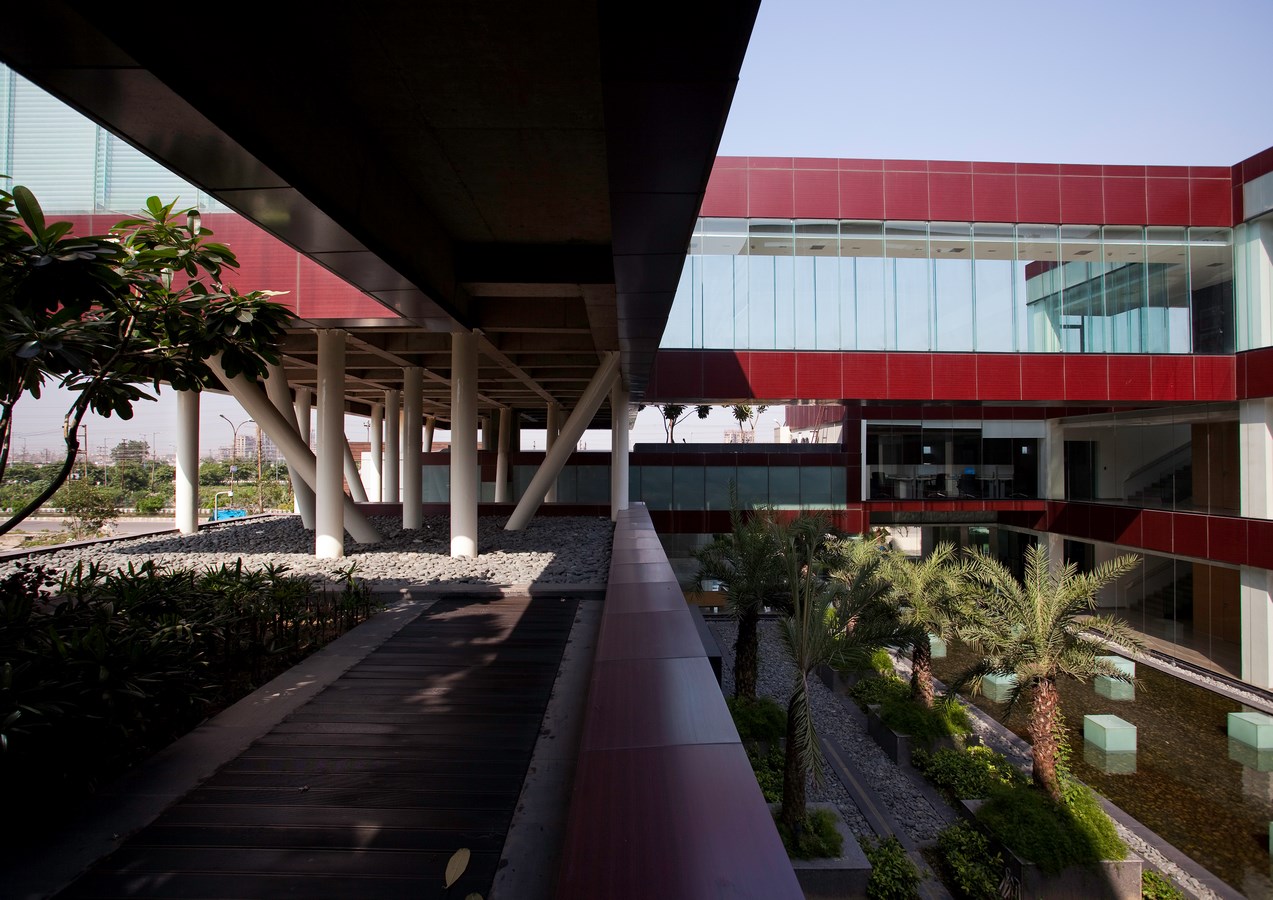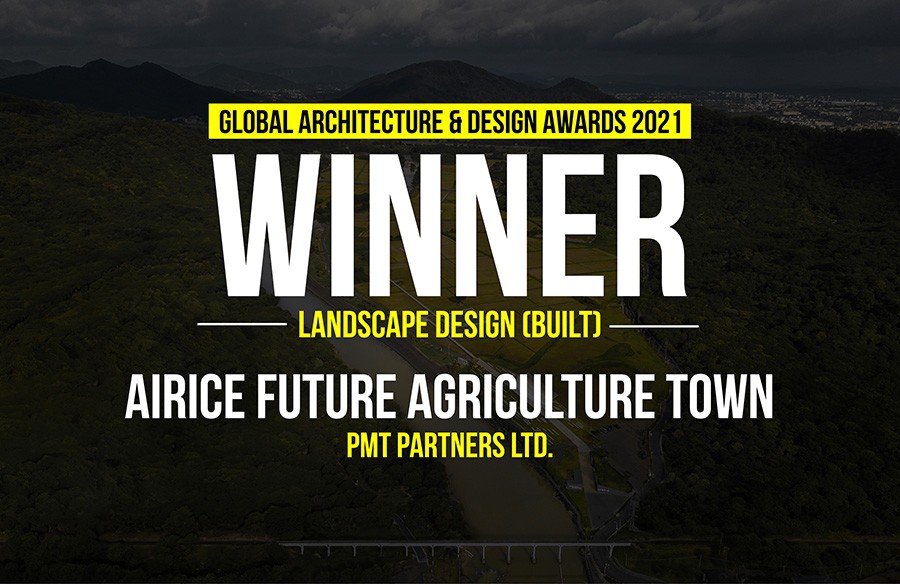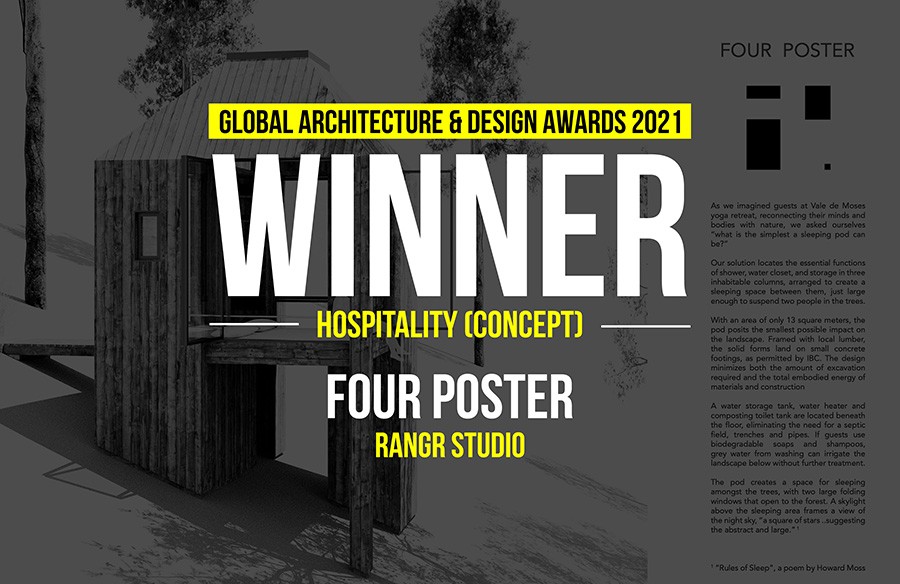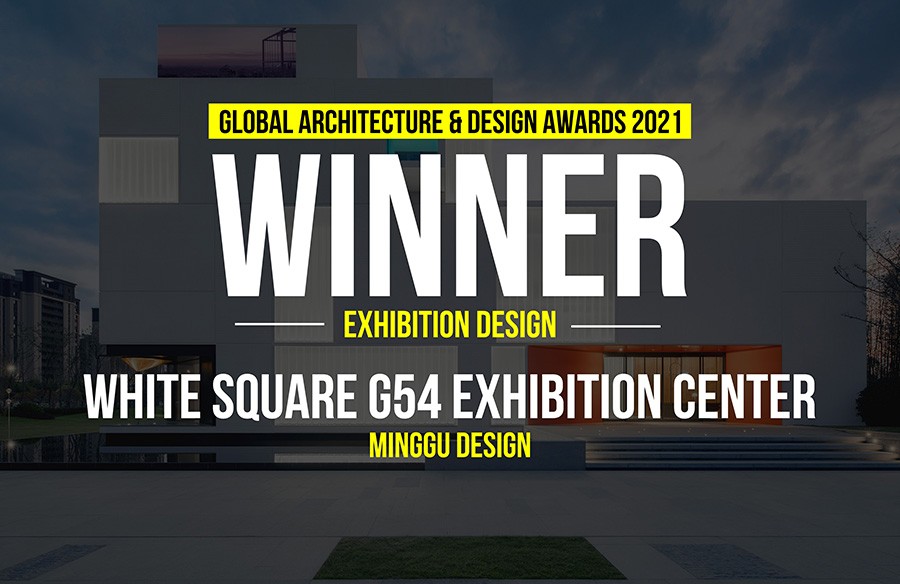The headquarters for India Glycols Limited (IGL) sits on an Expressway in Noida, a suburb of New Delhi. Contextually responding to the expressway and the harsh local microclimate – with temperatures that reach up to 50ºC (122ºF) –the project is conceived to fortify itself from the external environment and create a relevant oasis-like internal environment. The morphology is inspired from the ancient development of Fatehpur Sikri near Agra. The serene interiors are designed as a series of courtyards enclosed within the fort-like external walls. The introverted scheme acts as a heat shield to protect from the harsh climate and bleak exterior views.
Architects: Morphogenesis
Location: Noida, Uttar Pradesh, India
Client: India Glycols Ltd.
Built-up Area: 3,91,000 Sq. Ft.
Size: 3.3 Acres
Climate: Composite
Credentials: Consultants :
- Structural: Sahni & Associates Limited
- MEP: Enersave Consultants
- Landscape: Sitetectonix Pvt. Ltd
- HVAC: Enersave Consultants
- PMC: Optimal Consultancy Services
- Façade: Global Façade Solution
Photographers: Andre J Fanthome | Edmund Sumner

This building addresses energy, heat and lighting from a sustainable perspective – economizing on the first, defeating the second and optimizing the third. The opaque exterior walls contain within them jenga-like juxtaposed volumes, which house the work space and are seamlessly integrated with the central landscaped courts. These courtyards help in creating visual links and provide ocular relief. This inside-outside connect is strengthened by raising the outer landscape to the ‘work-desk’ level.

Inspired from the traditional ‘baoli’ and ‘kund’ (small tank or reservoir) concepts, microclimate tempering is effected by the multiple shallow water bodies and mist gardens. Evaporative cooling brings down the internal perceivable temperatures by up to 10ºC (50ºF). Eight-metre-wide (26-foot-wide) floor plates ensure the internal landscape is within immediate proximity of every occupant, and the entire office is naturally lit and blinds-free. The self-shading arrangement of building volumes create a usable outdoor environment almost round the year and plays a vital role in temperature reduction. Construction techniques and features such as cavity walls, fenestration design, terrace gardening and water bodies, aid in reducing solar ingress and absorption.

The Rhythmic articulation of volumes and spaces generates a scheme that is a radical departure from the ‘sealed glass box’ work space and extends the sense of personal space whilst achieving high standards of sustainability and livability. This project gave the firm its fifth Indian Institute of Architects Award. The design enhances collaboration spaces to allow for socio-cultural intermingling and cross-pollination of ideas and exemplifies the ideology of ‘equity and transparency’ in the workplace as an integral part of its architectural vocabulary.






